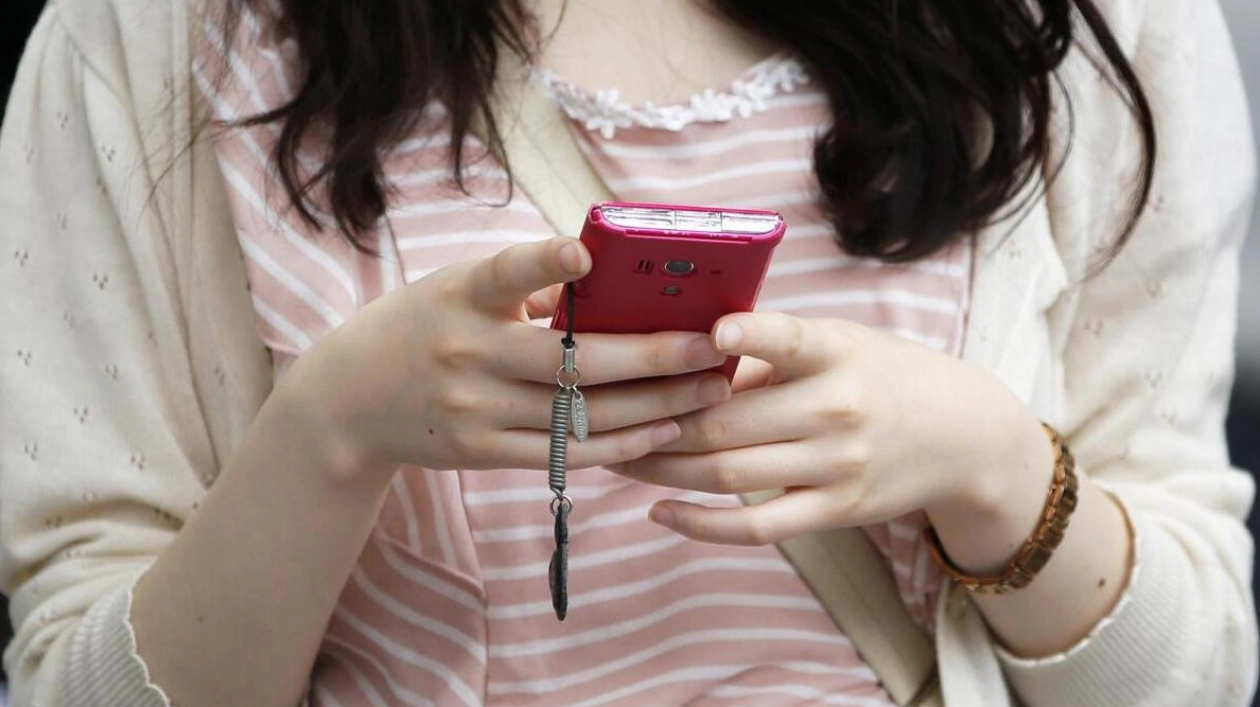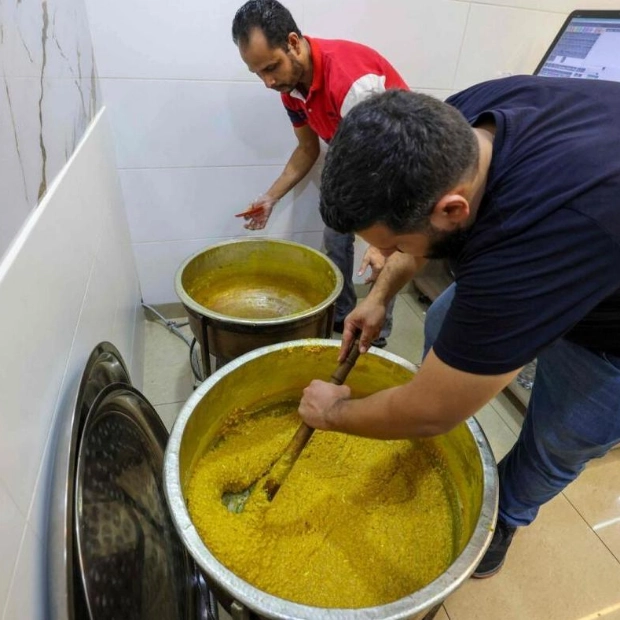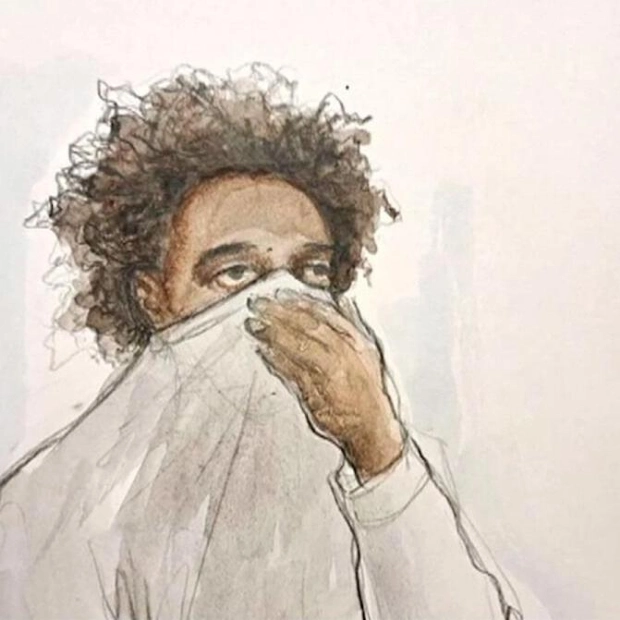For Dubai parent Banasri Brandon, the term 'social media bullying' brings up intense feelings, almost like a nightmare. Her 16-year-old daughter faced relentless trolling from peers she thought were friends. “My daughter was caught in a situation where some friends, after a dispute, made an Instagram page to bully her,” she told Khaleej Times. “They added friends from different schools and told them to mock her appearance, even using AI-generated images to alter her looks.” Banasri is among millions of parents globally struggling with the complex world of social media their children engage in. She finds it “challenging” and “often confusing,” and after the bullying, she focused on kindness. She implemented positive strategies and coping mechanisms to support her daughter. “I encouraged her to speak with a trusted adult, pursue hobbies, or practice mindfulness to manage her emotions and conflicts. I worked on enhancing her resilience and self-esteem, teaching her that confidence should stem from within, not from others' views.” Cyberbullying is a significant worry for parents in the UAE. A 2022 study by Cartoon Network and YouGov, surveying over 3000 parents, revealed that over 62% of children had experienced bullying. Anonymity is a key factor in online bullying, according to experts. “Using fake accounts, students can bully without fear of being caught,” explained Christine Kritzas, Counselling Psychologist & Director of Parenting & Family Services at The Lighthouse Arabia. “These bullies, known as keyboard warriors, hide their identities while posting aggressive and offensive comments online. They avoid direct confrontation with their victims, care less about being caught, and are bolder behind their screens.” Christine noted that because bullies don't see the emotional impact on their victims, the bullying intensifies. “This makes it easier for them to say things they wouldn’t normally say in person,” she added. Last month, Khaleej Times reported on UAE mothers warning about teenagers being added to random WhatsApp groups where bullying and inappropriate content were common. Good social media hygiene is crucial for young people, according to Dr. Neil Hopkin, Academic Leadership Team at Fortes Education. “To reduce risks associated with social media, students should set privacy settings to limit visibility to friends and family only,” he advised. “They should only accept requests from known and trusted individuals and be cautious about sharing photos, videos, and other content, knowing that once something is online, it can be hard to remove.” Christine emphasized the importance of parents being “media mentors” for their children. “Children mimic what you do, not what you say,” she said. “Ensure you practice healthy boundaries yourself. Avoid oversharing, don’t post pictures of your children without their consent, and avoid using your phone during meals or while driving.” She also recommended limiting access to technology. “Keep the computer in a public area of the house and set limits on the use of games and smartphones,” she suggested. “Most websites, apps, and smartphones offer parental control options that allow parents to monitor their children’s online activities. Also, avoid studying with their phone in their bedrooms.” Banasri mentioned that her child often resists her attempts to monitor social media. “My teenager often resists my oversight on platforms like TikTok, viewing it as an intrusion,” she said. “However, I prioritize safety over privacy in these cases. Careful listening and observation are crucial to understanding their online interactions and ensuring their well-being.”

Text: Lara Palmer
26.06.2024
Understanding the challenges and strategies for dealing with cyberbullying among teens in the UAE





